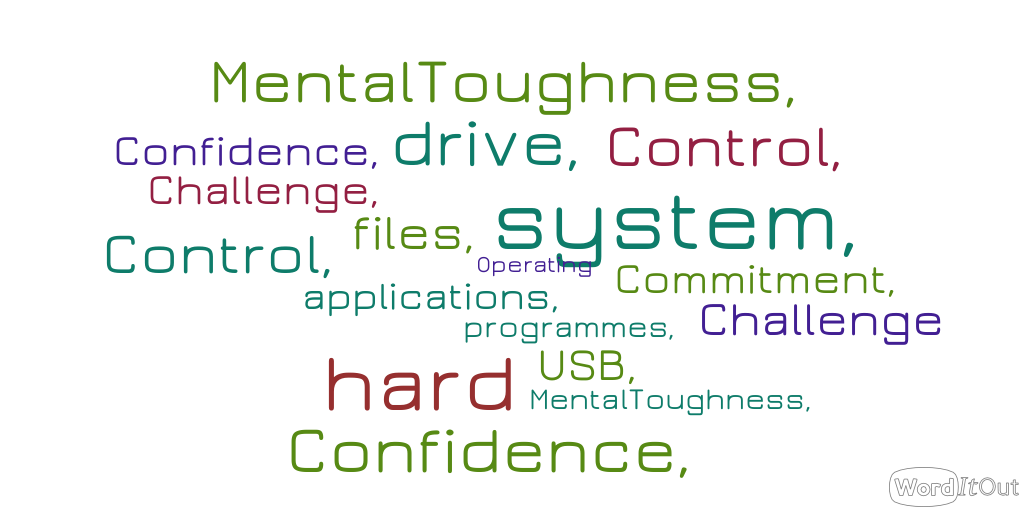What do we mean by this and why do we bother?
In Engineering, a design or process is efficient if it maximizes the amount of work done, while minimizing the resources used (raw materials, time, labour, fuel, etc). An efficient design should do everything it is designed for, and if possible eliminate the need for other devices or processes, while avoiding any unnecessary steps or equipment.
Cost is only an issue to the extent that money is itself a resource, and often a limiting one. The important goal in engineering is to produce a solution that is lasting; if a product can be maintained indefinitely, and need not be replaced albeit it might modified, it is especially valued.
Why might this be relevant to the world of HR, OD, Coaching and individual development as means for improving performance and enabling growth? Perhaps what engineers and people development practitioners have in common is ‘the goal to deliver a sustainable solution. This is where years of research on the subject of what makes people behave in ways that often diminish their own potential and abilities, bring us to the exceptional concept of ‘Mental Toughness’.
Mental Toughness describes how we think and that, in turn, determines largely how we act and how we feel. This translates into our ability to utilise our full potential and being able to assess our needs (those psychological & physical) so that we can continually self-develop and maintain our performance levels and wellbeing.
Going back to engineering and computing, we can visualise an individual’s Mental Toughness as if it is the Operating System of a PC. If the operating system is the system upon which all other systems operate, we could see it as describing how a computer “thinks”. That will determine how other aspects of the computer operate – the applications. It’s with people.
This is where the concept of Mental Toughness brings new and important thinking into the world of human performance, behaviour and feelings. The concept is based on 4 key ‘applications’ –
Control means having a sense of self-worth and describes the extent to which a person feels in control of their life and their circumstances. Also, importantly it describes the extent to which they can control the display of their emotions.
Commitment is about goal orientation and ‘stickability’ and describes the extent to which someone is prepared to set goals for what they need to do and make measurable promises that, once made, they will work hard to deliver on.
Challenge describes the extent to which the individual will push back their boundaries, embrace change and accept risk. It’s also about how they see all outcomes – good and bad.
Confidence completes the picture and describes the self-belief an individual has in their own abilities and the interpersonal confidence they have to influence others and deal with conflict and challenge. When faced with a challenge, mentally tough people scoring high in confidence, will possess the self belief to deal with the situation and the inner strength to stand their ground when needed. Their confidence enables them to represent their view boldly and be comfortable in handling objections.
Is it important? We believe that it’s the key in changing people’s behaviour and attitude. Once we start thinking differently about everything around us, this enables new behaviour. For many professionals, involved in people and organisations development, one of the main questions is how to support individuals to use their full potential regardless of the circumstances at work or private life. This applies to stressful situations, times of change, as well as moments of stagnation and uncertainty. We believe that the concept of Mental Toughness as developed by Professor Peter Clough at Manchester Metropolitan University provides the answers to that question.
AQR International is a leading edge publisher of psychometric measures, we also work through partner organisations.


